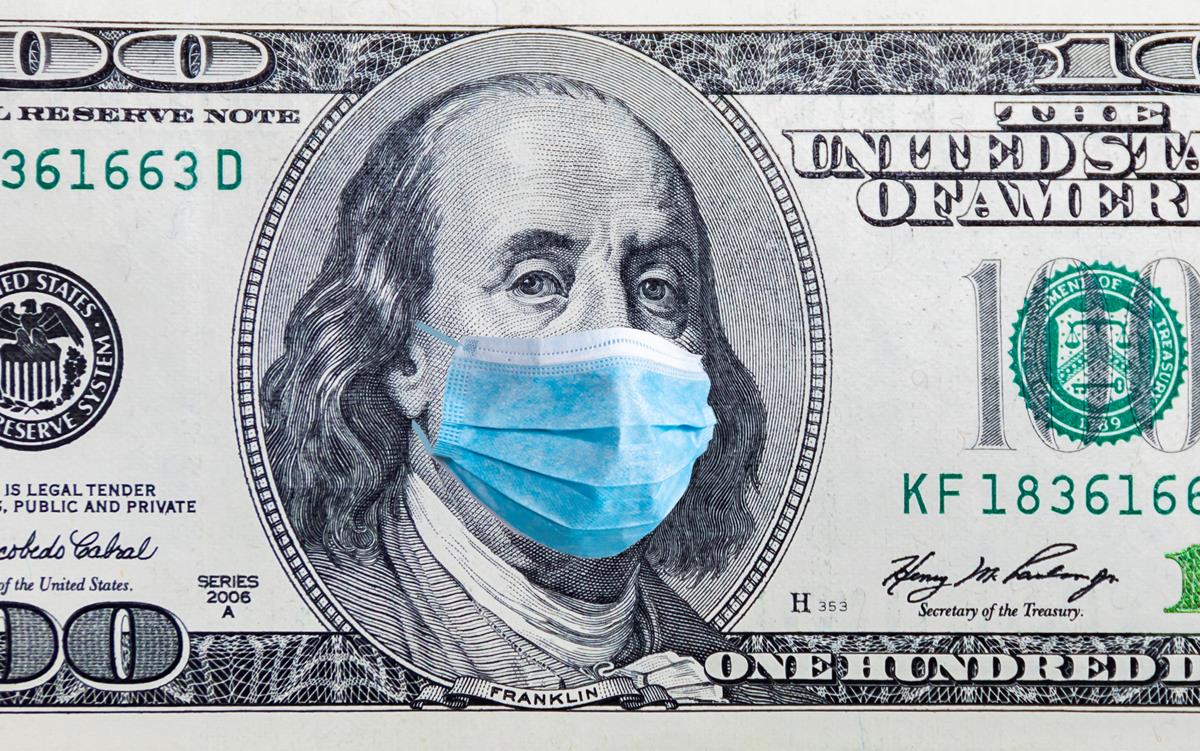COVID-19 Response: Key Funding Provisions for Healthcare Providers in the Coronavirus Response

Baltimore, Md. (April 14, 2020) - Now that the Coronavirus Aid, Relief, and Economic Security (CARES) Act and other related provisions have been signed into law, there are significant questions from many healthcare providers on what funding they are eligible for and how to get that money flowing. The intent of the CARES Act is to get that funding to providers immediately and, therefore, regulations are being developed and changed quickly. The information in this alert is based on the most current information available.
Here is a summary of the current funding provisions for healthcare providers:
1. CARES Act Provider Relief Fund: All providers and facilities who received Medicare fee-for-service (FFS) reimbursements in 2019 are eligible for part of the initial $30 billion in payments, which should commence being directly deposited on April 10, and will roll out over the following 30 days. Simply put, each provider’s share is determined by the proportional size of their share of Medicare reimbursements in 2019. This will be determined for them, with payments being distributed by United Health Group on behalf of CMS, either through providers’ United Health payment or CMS payment system. More information is available on the HHS website.
2. Additional Reimbursement to Providers under Medicare: Significant changes to Medicare reimbursements and new grants to several provider types have attempted to ensure access to the resources needed to meet the needs of the pandemic:
- Sequestration – The 2% cut in Medicare reimbursement is waived from May 1, 2020 through December 31, 2020.
- Hospitals – There is a 20% add-on payment for all COVID-19 patients during the health emergency. Providers must bill with the correct billing code to access this.
- Accelerated Payment Program – Hospitals and nursing homes can access immediate cash flow by obtaining an advance on their Medicare funding equal to three months of normal Medicare reimbursements. This is a loan and must be paid back, but it will be on extended terms due to the pandemic. More information is available on the CMS website.
- Waiver of the “three hour rule” for therapy at inpatient rehabilitation facilities.
- Waiver of the site-neutral payment rate provisions for inpatient services provided by long-term care hospitals.
- DME reduction is halted for the remainder of the health emergency.
- Payment reduction for clinical diagnostic labs, and upcoming reporting requirements are delayed one year.
3. Telehealth Coverage: The coverage of telehealth has never been more expanded. Provisions include:
- HHS is permitted to waive certain telehealth coverage restrictions (more information available from Medicare).
- FQHCs and RHCs are allowed to provide telehealth and be reimbursed by Medicare during the emergency.
- Hospices are permitted to do their recertification encounters via telehealth rather than in-person with the physician or nurse practitioner.
- Nephrologists are permitted to do monthly in-person assessments of home dialysis patients by telehealth.
- Significant funding is available to cover telehealth services and equipment. More information on those grants can be found on the FCC website.
Also note that there is significant lessening of the requirements under HIPAA for compliance on telehealth systems used during the emergency to encourage widespread adoption.
4. Payroll Protection Program: Although the roll-out of this program has been troubling in some respects, providers with less than 500 employees should consider applying to the program. The program is structured as a loan of 2.5x a company’s payroll costs, which will then be forgiven if certain requirements are met, most importantly, that the payroll stay somewhat constant for the eight weeks after receiving the loan. Therefore, this program is extremely valuable to healthcare providers who are not reducing staff during this pandemic. Applications need to be made through a provider’s current bank, most preferably the bank where the provider’s payroll accounts are housed.
5. $100B in Direct Grant Support: The legislation provides $100 billion in funding to support Medicare and Medicaid-enrolled providers that provide diagnoses, testing, or care for COVID-19 patients. Unfortunately, this funding has already been fully distributed and released and is no longer available. This particular funding is intended to reimburse healthcare providers for specific COVID-19 expenses or revenues lost due to COVID-19. The funding is specifically earmarked for:
- Constructing temporary structures;
- Leasing of properties;
- Medical supplies and equipment (including PPE);
- Testing supplies for COVID-19;
- Workforce training;
- Retrofitting facilities; and
- Creation of surge capacities.
We will continue to monitor these and other similar programs in order to serve our clients with the best available information. We are also available to assist clients in accessing any of these programs. For more information, contact the author of this alert, or visit our COVID-19 Response Resource Center to find an attorney in your area.
Author:
Mark A. Yost, Partner